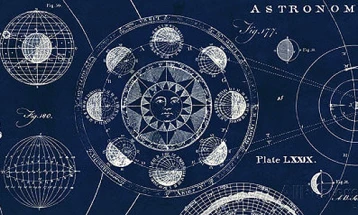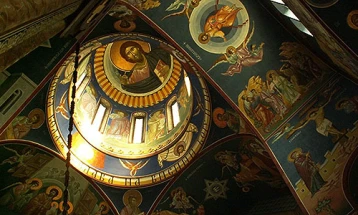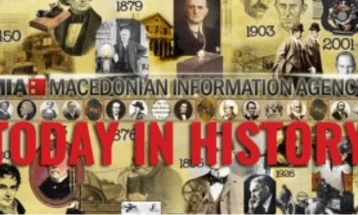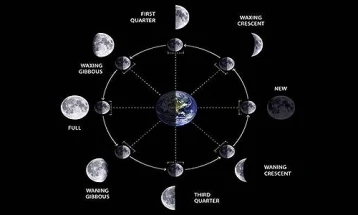Religious calendars
- Macedonian Orthodox Church Calendar; The Holy Martyrs Acyndinus, Pegasius, Anempodistus, Aphthonius, Elpidephorus and others with them
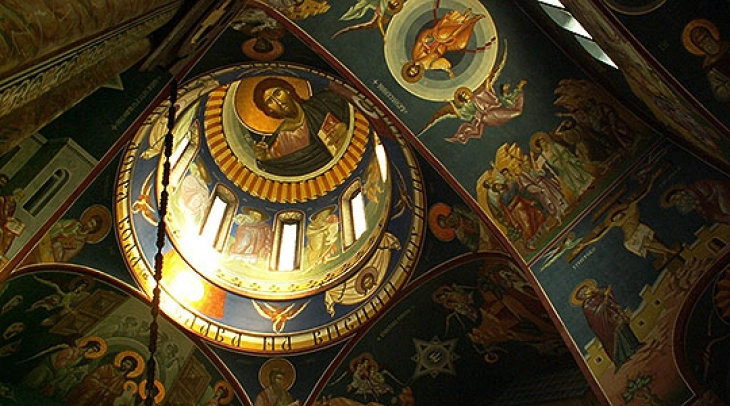
15 November 2024 (MIA)
Macedonian Orthodox Church Calendar
The Holy Martyrs Acyndinus, Pegasius, Anempodistus, Aphthonius, Elpidephorus and others with them
They were Persian Christians, and suffered in the time of King Sapor, in 355. The first three were servants at the court of this king, but secretly served Christ their Lord. When they were arrested and brought to trial before the king, he asked them whence they came. To this they replied: ‘Our paternity and life is the most holy Trinity, consubstantial and undivided, the Father, the Son and the Holy Spirit, one God.’ The king gave them over to harsh torture, and they endured it all courageously, singing psalms and with prayer on their lips. At the time of their torture and imprisonment, angels of God appeared to them several times, and once the Lord Christ Himself, as a man ‘with a face radiant as the sun’. When one of the torturers, Aphthonius, saw with wonder that boiling lead did no harm to the martyrs, he believed in Christ and cried out: ‘Great is the Christian God!’ He was then immediately beheaded, and many others saw and believed. Then the King commanded that Acyndinus, Pegasus and Anempodistus be sewn into goatskins and thrown into the sea. Then St Aphthonius appeared from the other world with three shining angels and they bore the martyrs to dry land and set them free. Elpidephorus was a courtier. When he revealed that he was a Christian, and denounced the king for his slaughter of innocent Christians, the king condemned him to death, and Elpidephorus was beheaded along with about seven thousand other Christians. Then the three first-named martyrs were finally thrown into a burning furnace, along with twenty-eight soldiers and the king’s mother, who had also come to faith in Christ. And so, in the flames, they gave their righteous souls into the hands of the Lord.
Catholic calendar
St. Albert the Great
Albert the Great was one of the Church’s greatest intellects. He studied at the University of Padua and later taught at Hildesheim, Freiburg-im-Breisgau, Regensburg, and Strasbourg. He then taught at the University of Paris, where he received his doctorate in 1245. He was among the first and greatest of the natural scientists, gaining a reputation for expertise in biology, chemistry, physics, astronomy, geography, metaphysics, and mathematics. He was also very learned in biblical studies and theology.
